| Content | Biography of Lady Fatima (a), the daughter of the Prophet (s), her titles, family life, the birth of her children, verses of the Qur'an revealed in her favour, the event of the cloak, love of the Prophet (s) towards her, her dispute with Abu Bakr after his (s) demise, her knowledge and piety, and her death and its circumstances.
HEAVILY SUBSIDIZED BY WWW.WABIL.COM |
If we study the subjects of FIQH in detail, we find that every one of them is peculiar and singular in itself. Some of the laws relate to the natural urge in human beings to adore and worship. It guides us to worship none but Allah, in the prescribed form, seeking His pleasure. Then there are laws which prompt us to serve, be helpful and useful to human society, at the same time affirming our obedience to Allah. These are Zakat, Khums, our social and political duties, Jihad, Amr bil Ma'roof and Nahy anil Munkar, training in martial arts etc. Also covering brief history of over 40 Mujtahids.
HEAVILY SUBSIDIZED BY IEB OF WORLD FEDERATION.
| This book addresses issues on the status and standing of women, their social, political, and cultural activities, housewifery, art, freedom, lifestyle, natural and acquired rights, and other issues from Islamic point of view.
According to Islam, women and men alike possess the lofty status of humanity because they are both equally human.
The fact that noble Adam ('a) was able to understand the Names and explain them was due to his unique genesis as a human and men and women are equal in this genesis. In general, all extolments in the Quran and Hadith regarding humans encompass both women and men. There is no verse in the Quran that reproaches women for being women.
Therefore, according to Islam and the Quran, men and women are equally human, they are no different in worth, and they possess common responsibilities in managing the society.
HEAVILY SUBSIDIZED BY WWW.ISLAMICTHOUGHT.CO.UK | This text begins introducing the (Duas) Definition of Prayer, and its importance. The author explains how prayers are accepted, and what acceptance of prayer can lead to in a believer's life. Beyond the literal recitation of the prayer, in this text we can find the etiquettes of prayer, and other aspects we must take into consideration.
Want to understand and put your heart into your Duas, this book will help you to do just that, ideal for people living in the west, simple do along technique's.
Topics covered 1 Definition of prayer 2 Requisites of Supplication 3 Obstacles and Hindrances 4 Lawful and Unlawful request 5 Supplication of Ahl al-bayt 6 Visitation: Its Monotheistic and Political dimensions.
HEAVILY SUBSIDIZED BY WWW.ISLAMICTHOUGHT.CO.UK | Ideological and Jurisprudence Frontiers of Islam: A Scrutiny into Islam's Theory and Practice Compiled in the Form of Questions and Answers Addressing the Key Issues in Human Life. | This text contains fifty chapters, each containing an important lesson on the fundamental beliefs of our faith that are especially relevant for the youth of today. Ayatullah Makarim Shirazi presents these lessons using both philosophical reasoning as well as Qur'anic verses, and concludes each lesson with a few relevant questions which are intended to increase understanding of that particular lesson.
HEAVILY SUBSIDIZED BY WWW.ISLAMICTHOUGHT.CO.UK |



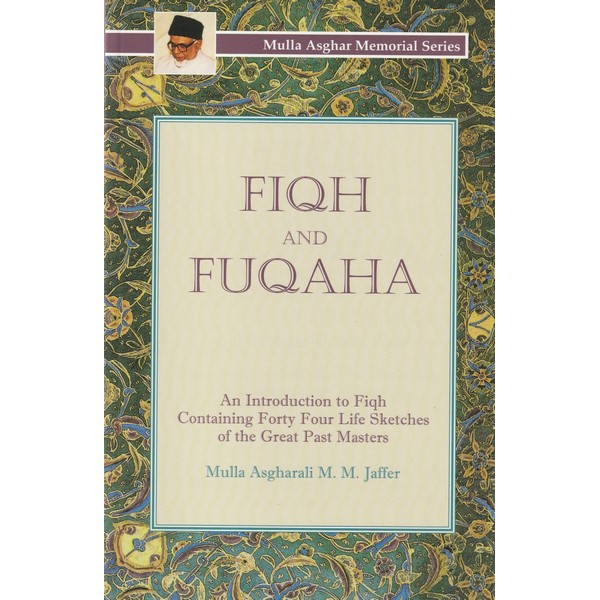
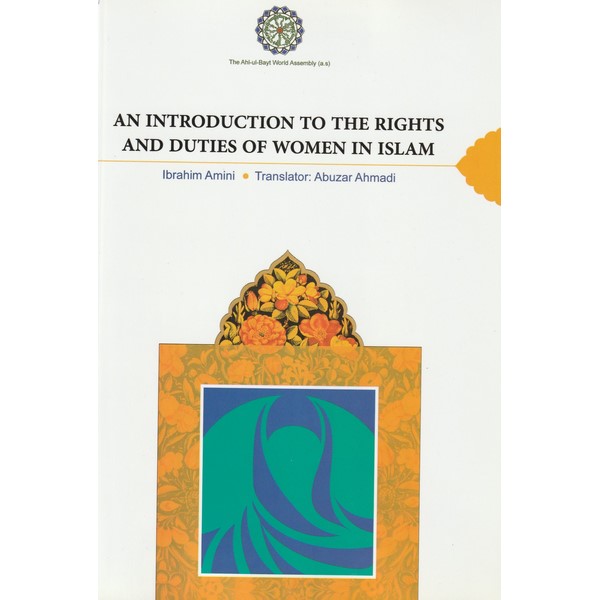
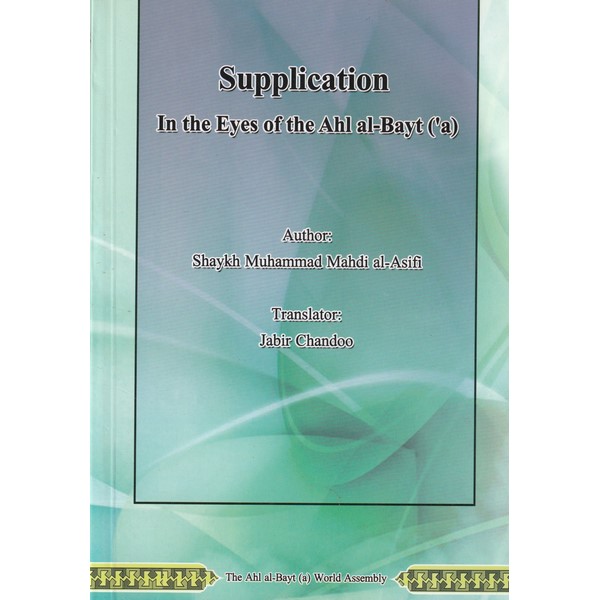
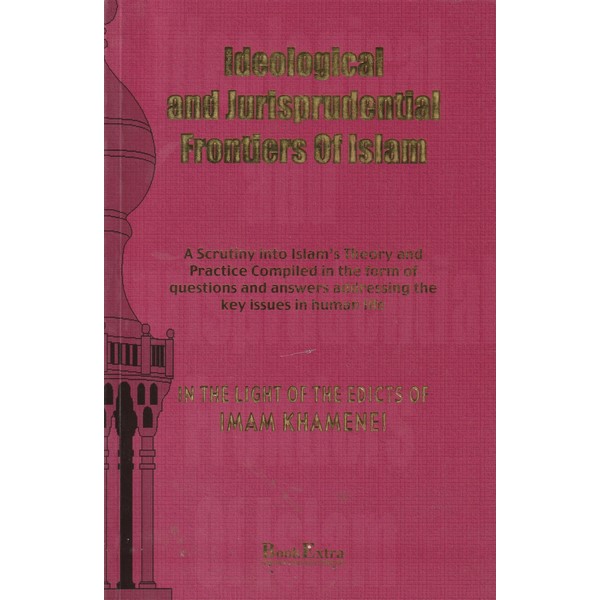
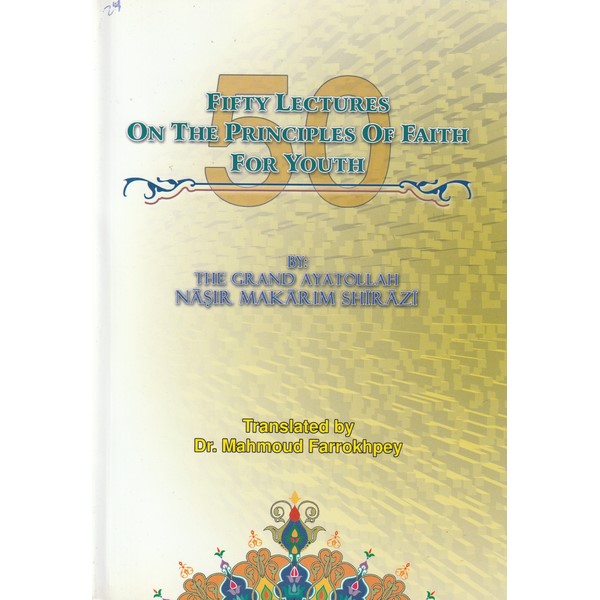
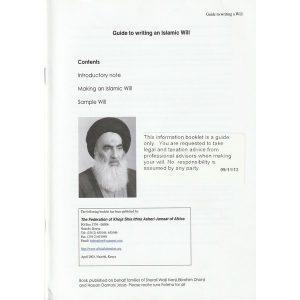

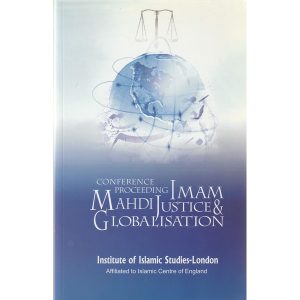

Reviews
There are no reviews yet.